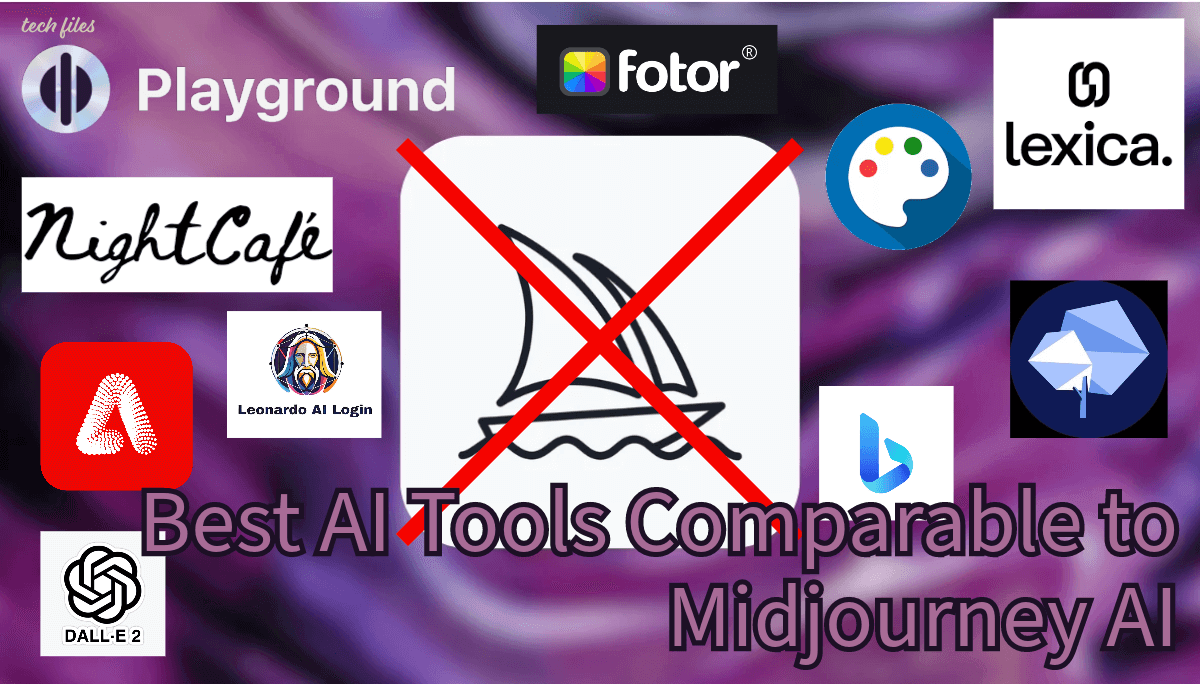Are AI Tools Safe to Use: Ensuring Security and Privacy

In recent years, the rapid advancement of artificial intelligence (AI) has presented us with a plethora of AI tools that have the potential to revolutionize various industries. These tools offer automation, improved decision-making, and the ability to identify new opportunities.
However, while AI tools offer immense benefits, it is crucial to address the question: are AI tools safe to use? In this article, we will explore the safety considerations surrounding AI tools, including potential risks and measures to ensure security and privacy.

Potential Risks of AI Tools
Data Breaches and Privacy Violations
One of the primary concerns when using AI tools is the risk of data breaches and privacy violations. AI tools often collect and store large amounts of data, making them an attractive target for cybercriminals. If adequate security measures are not in place, these tools may become vulnerable to unauthorized access, resulting in the disclosure of sensitive information such as financial data or personal health records.
Model Poisoning
Model poisoning is a malicious attack that involves introducing manipulated data into an AI model, causing it to produce incorrect or biased results. This can have severe consequences, as AI tools rely on accurate and unbiased data to make informed decisions. If an AI model is poisoned, it may lead to harmful or unfair outcomes, potentially compromising the safety and integrity of its applications.
Bias in AI Models
AI models are trained on data created by humans, which can introduce biases into the models themselves. This bias can manifest in various forms, such as racial or gender bias, and can lead to AI tools making unfair or discriminatory decisions. It is essential to address these biases to ensure that AI tools are used responsibly and ethically.
Loss of Control
As AI tools continue to evolve and become increasingly sophisticated, there is a concern that humans may lose control over them. This loss of control can result from the complexity and autonomy of AI systems, leading to decisions that are harmful, unpredictable, or beyond human comprehension. Ensuring that AI tools remain under human control is crucial to prevent potential risks and negative consequences.
Tips for Using AI Tools Safely
Although there are risks associated with AI tools, it is possible to mitigate these risks and use AI tools safely. Here are some essential tips to consider:
1. Choose Reputable Companies
When selecting AI tools, opt for those developed by reputable companies. These companies have likely invested in robust security measures and have a track record of addressing potential risks associated with AI. Research the company’s reputation, user reviews, and security practices to ensure the safety of your data and the effectiveness of the tool.
2. Minimize Data Sharing
Only share the necessary data with AI tools. Limiting the data shared reduces the potential for data breaches and privacy violations. Before providing any data, carefully evaluate the tool’s requirements and ensure that you are comfortable with the information being collected and stored.
3. Be Aware of Bias
Recognize the potential for bias in AI models and choose tools that allow you to inspect and understand the underlying model. Look for transparency in the model’s training data and algorithms, as this can help identify and address biases. By being vigilant, you can make informed decisions about the tool’s suitability for your specific needs.
4. Monitor Performance
Regularly monitor the performance of AI tools to identify any issues or anomalies promptly. Establish clear metrics and benchmarks to measure the effectiveness and reliability of the tool. By closely monitoring performance, you can detect and address any potential problems before they escalate.
5. Stay Informed
Stay up-to-date with the latest developments and best practices in AI tool usage. Follow industry publications, attend conferences, and engage in relevant communities to stay informed about emerging security and privacy concerns. By staying educated, you can adapt your practices accordingly and make informed decisions about the safe and responsible use of AI tools.
Benefits of Using AI Tools
While it is crucial to address the safety considerations surrounding AI tools, it is equally important to recognize the significant benefits they offer:
- Automation: AI tools automate repetitive tasks, freeing up human time and resources for more complex and creative endeavors. This increased efficiency can lead to enhanced productivity and cost savings.
- Improved Decision-making: AI tools leverage vast amounts of data and advanced algorithms to provide insights and assist in decision-making. By analyzing complex data sets quickly and accurately, these tools can help businesses make informed and data-driven decisions.
- Opportunity Identification and Problem Solving: AI tools have the potential to identify new opportunities and solve problems that may be challenging for humans alone. By processing and analyzing vast amounts of data, these tools can uncover patterns and insights that humans may overlook.
- Product and Service Innovation: AI tools can be utilized to create new products and services, driving innovation and competitive advantage. From personalized recommendations to predictive analytics, these tools enable businesses to deliver enhanced customer experiences and tailor offerings to individual needs.
The Future of AI Tools
As AI tools continue to evolve, it is crucial to strike a balance between harnessing their potential and ensuring safety. While the risks associated with AI tools cannot be ignored, by taking proactive measures and staying informed, we can mitigate these risks and leverage the benefits that AI tools offer.
AI tools have the potential to revolutionize industries, enhance decision-making, and drive innovation. However, it is our responsibility to use them safely, responsibly, and ethically. By prioritizing security, privacy, and the mitigation of biases, we can harness the power of AI tools while minimizing potential risks and ensuring a brighter future for AI-driven advancements.













Sharing is caring!